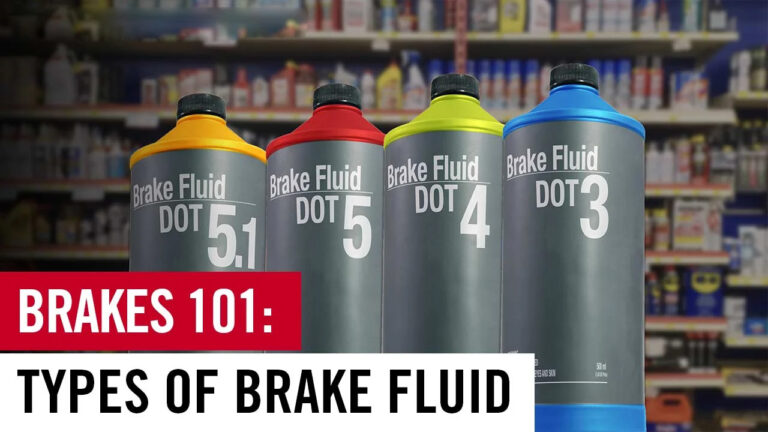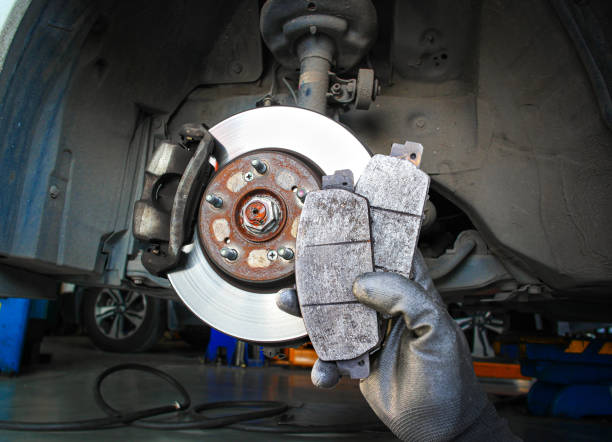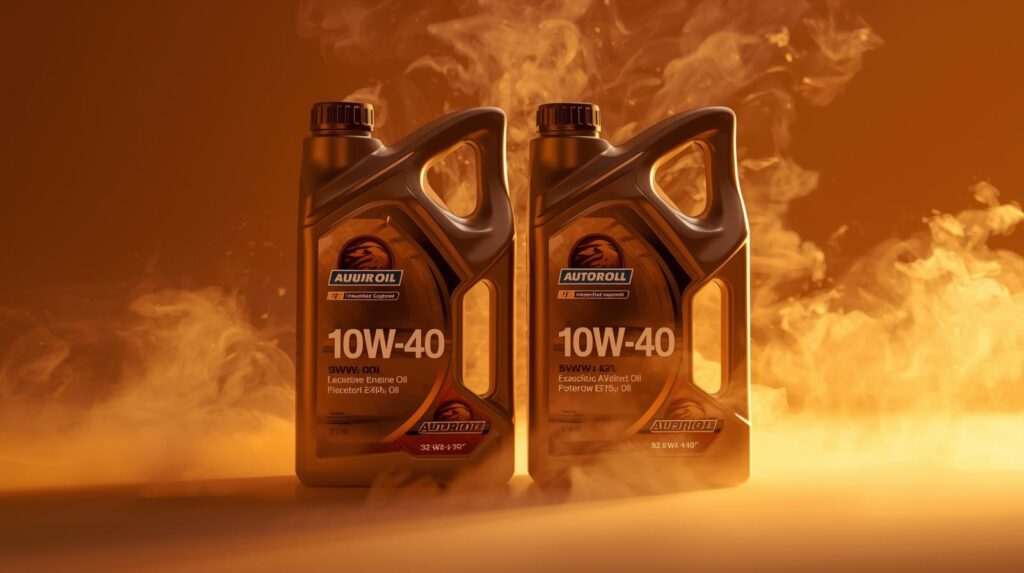
Similar Posts

Choosing the Right Brake Fluid: Enhancing Performance and Safety
Sharing is CaringBrake fluid is a critical component of any vehicle’s braking system, transmitting the force from the brake pedal to the brake calipers or wheel cylinders, resulting in the desired deceleration or stopping of the vehicle. Selecting the appropriate brake fluid is essential for ensuring optimal performance, longevity, and safety of your braking system. In this…

How to Keep Your Car Battery from Overheating This Summer 2025
Sharing is CaringAs temperatures rise, so does the risk of car battery failure. The summer heat can be brutal on your vehicle’s battery, leading to reduced performance, shorter lifespan, and even complete breakdowns. To ensure you don’t get stranded under the scorching sun, follow these essential tips to protect your car battery from overheating this…

Upgrading Your Brake Calipers: What You Need to Know Before Making the Switch
Sharing is CaringBrake calipers are vital components of a vehicle’s braking system, responsible for applying pressure to the brake pads, which then make contact with the brake rotors to slow down or stop the vehicle. Upgrading brake calipers can enhance braking performance, durability, and overall driving experience. However, before making the switch, it’s essential to…

How to Check the 6 Essential Vehicle Fluids of Your Car
Sharing is CaringSave time & money by checking your important vehicle liquid at home! We are very dependent on vehicles on the day and age of the current age, and we all know how maintenance costs can increase quickly when it’s time to bring your car or truck to mechanics. Learning how to check some…

Smart Auto Care: Save Money and Hassle with Preventive Maintenance
Sharing is CaringIn the world of automobiles, proactive care is the key to longevity and financial peace of mind. Whether you’re cruising in a brand-new ride or a seasoned vehicle, adopting preventative auto maintenance practices can spare you from the headache of unexpected repairs and hefty bills. While the term might sound daunting, fear not!…

Brake Pad Maintenance: Tips for Prolonging Lifespan and Ensuring Safety
Sharing is CaringBrake pads are a critical component of any vehicle’s braking system, responsible for bringing your car to a safe stop. Regular maintenance of brake pads not only ensures your safety on the road but also extends the lifespan of your vehicle’s braking system. In this article, we will explore essential tips for maintaining…




